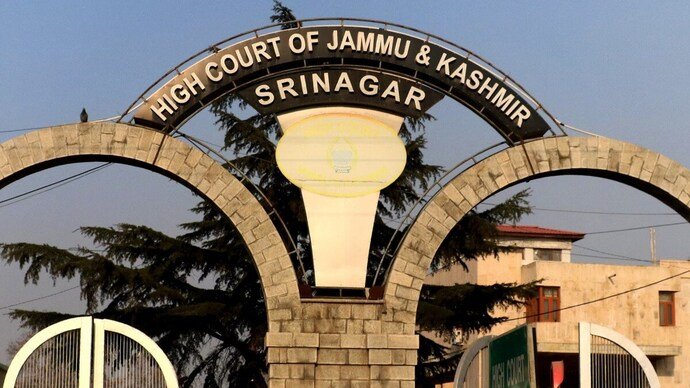The Jammu and Kashmir and Ladakh High Court has ruled that the limitation period under Section 468 of the Criminal Procedure Code (CrPC) does not apply to applications filed under Section 12 of the Protection of Women from Domestic Violence Act (DV Act), except in cases involving penal proceedings under Section 31 of the DV Act.
Section 12 of the DV Act is not akin to a criminal complaint under Section 200 CrPC, and limitation under Section 468 CrPC applies only to penal offences – High Court of Jammu & Kashmir and Ladakh at Jammu in a significant judgment rejecting a husband’s petition seeking to quash proceedings under the Protection of Women from Domestic Violence Act, 2005 (DV Act) on the ground of being time-barred. Justice M.A. Chowdhary emphatically held that applications under Section 12 of the DV Act are not governed by limitation periods under Section 468 CrPC, as those apply only to penal offences, such as breach of protection orders.
The judgment draws a clear legal line between civil relief applications under the DV Act and criminal complaints under the Code of Criminal Procedure, dispelling persistent confusion over limitation bars in DV cases.
Facts:-
- Marriage and Discord: The respondent (wife of the petitioners’ son) alleged harassment and abuse by her husband and in-laws, including dowry demands and physical violence. Their marriage was solemnized in 2015, but relations between the respondent and her in-laws deteriorated over time.
- Earlier Petition: The respondent filed a domestic violence petition earlier but withdrew it in 2021. She alleged that the withdrawal was based on assurances from the petitioners and her husband that she would be allowed to return to her matrimonial home.
- Subsequent Events: Despite the assurances, the petitioners allegedly reneged on their promise, demanded ₹30 lakhs, and forcibly evicted the respondent from the matrimonial home.
- Second Petition: The respondent filed a second domestic violence petition citing continued abuse and harassment, including financial demands and physical mistreatment.
- Lower Court Rulings:
- The trial magistrate partially allowed an application by the petitioners, dropping proceedings against the sister-in-law of the respondent but rejecting the petitioners’ plea for dropping proceedings against them.
- The appellate court upheld the trial court’s decision.
Implications:
Broader Scope for Victims: This ruling provides a broader scope for victims of domestic violence to seek relief, without being constrained by the limitation period applicable to criminal cases.
Protection of Rights: The judgment underscores the importance of protecting the rights of women and ensuring that they can seek justice without procedural barriers
The court found that the second petition was maintainable and ruled that the existence of a “domestic relationship” was not negated even though the respondent left the shared household in 2016. The court emphasized that the domestic relationship is determined by the fact that the parties had lived together in a shared household at any point in time.

